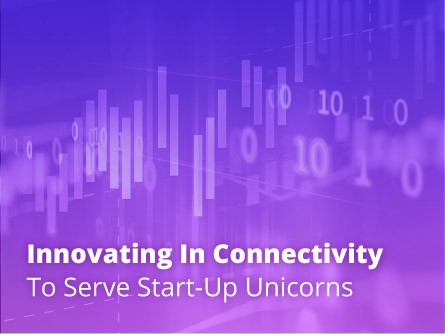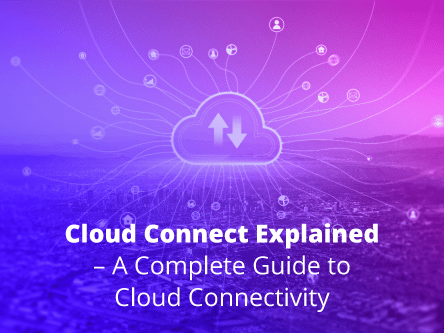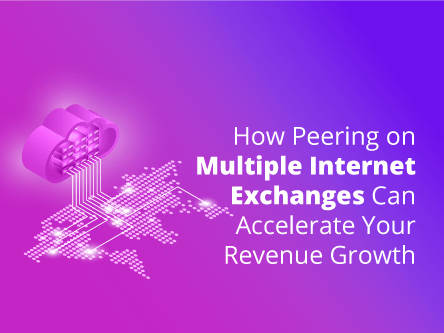Since the early 2010s, the number of companies with valuations over $1 billion has exploded. In 2014 and 2015, the segment went from a few scattered outliers like AirBnB, Dropbox, Spotify and Uber to being a truly global phenomenon.
Unicorns are not defined by geography and in many ways the billion-dollar valuation is just a convenient benchmark. What really separates Unicorns from other segments is their behaviour. They are usually Cloud-first, high growth and software-centric businesses. By their very nature, they need their suppliers and partners to think differently and share the same vision for innovation.
- Disruptive – Applications and services can change an industry overnight. A new model with growing user base can change a market and put traditional services out of business. In a matter of months, a business can be established and capture a global audience.
- Adaptable – Unicorns have a high tolerance for risk and are driven to innovate despite the prospect of failure. They need the flexibility to adapt their services to changing markets. Regulations can change, removing access to a city or an entire country. They have to be prepared to turn up or down services to match demand.
- Born in the Cloud – Everything that can be hosted in the Cloud is in the Cloud. The agility and speed that Cloud delivers is essential to scaling, growing and adapting to new market conditions.
- Network-Dependent – Networking is often the critical channel for engaging with users, subscribers, customers and partners. The network is the critical touchpoint and defines the experience users have with a Unicorn’s applications and services.
- Software-Centric – Software platforms are often central to their offerings and the foundation for the services they deliver. These platforms are driven by developers and rely on the integration of multiple APIs to deliver new and unique services to users.
- High Growth – Unicorn success is often driven more by user numbers than actual revenue. When an application or service takes off, they need to be ready to rapidly scale to accommodate exploding user growth.
What makes connecting a Unicorn different from any other business?
From their very inception, Unicorns have no legacy infrastructure and are comfortable with a Cloud-first or Cloud-only model. They are simply looking for the best solutions for the getting the outcomes they want. It is a pragmatic approach that is driven by the need for simplicity, efficiency and results.
The challenge for connectivity providers is to deliver for Unicorns and enable their success with adaptable and Cloud-centric networking. If you’d like to learn more about how Epsilon is serving Unicorns take a look at our “Connecting Start-Up Unicorns: Delivering elastic networking for high-growth, Cloud-first and software-centric businesses” whitepaper.







